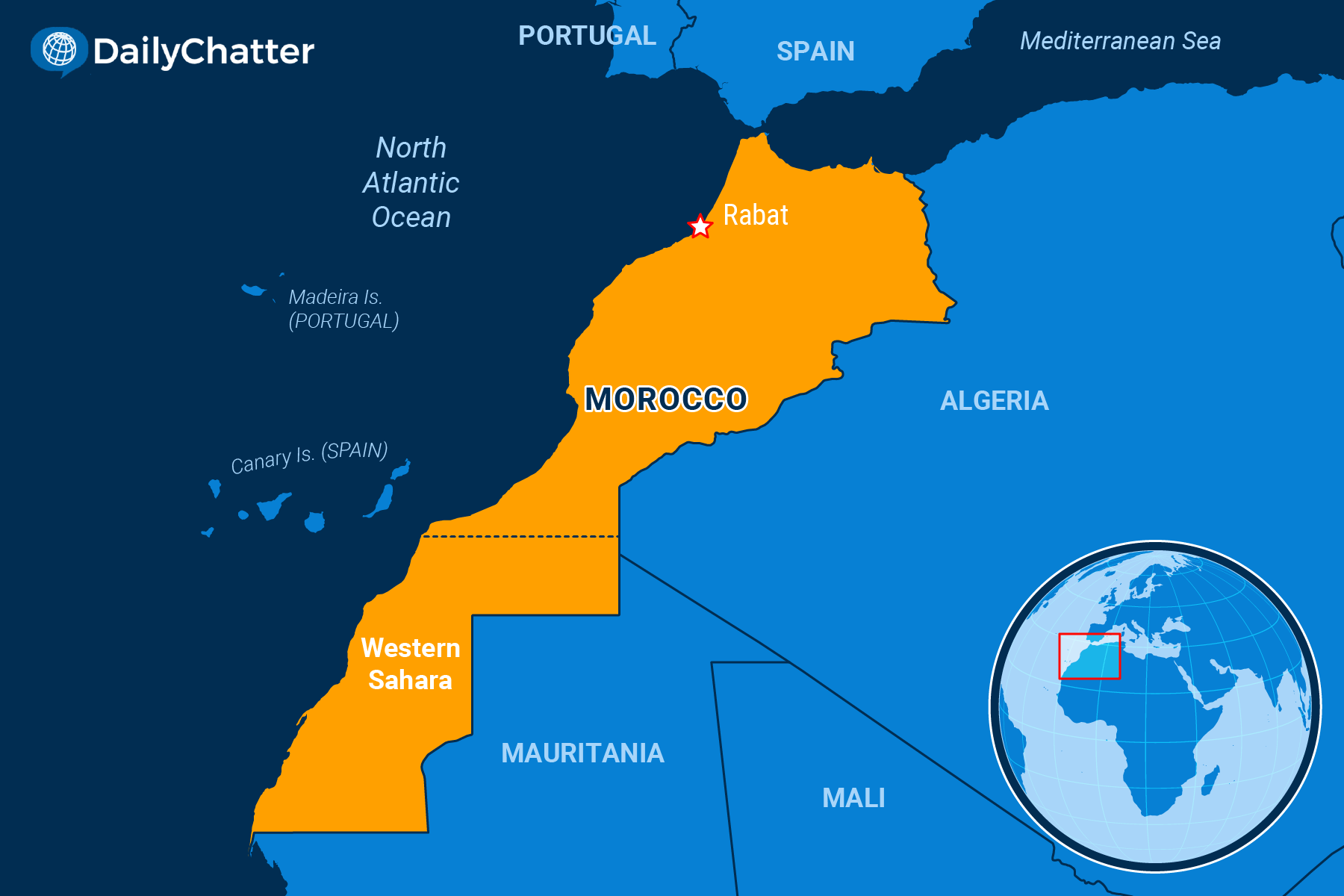NEED TO KNOW
Bricks and Blood
MOROCCO

Mohammed Ounasser lost his wife and two daughters when a 6.8 magnitude earthquake struck Morocco on Sept. 8 and leveled their village of Tnirte in the High Atlas Mountains. “This once-idyllic hamlet, nestled in apple and apricot groves, is now just a giant pile of red clay bricks and debris,” wrote National Public Radio.
Moroccan and international responders have been picking through the rubble in Tnirte and elsewhere to find families’ loved ones, but locals said that many of them arrived late or lacked the proper equipment to help, added a France 24 video. In one presented case, the responders showed up at a village to discover demolished homes that likely buried scores of individuals. The responders had to wear surgical masks to avoid the odor of the decomposing corpses.
The International Federation of Red Cross and Red Crescent Societies noted that weather forecasts have made the responders’ job more urgent. The organizations feared that rain could trigger landslides among the rubble and unstable ground.
Almost 3,000 people have been confirmed dead due to the quake, which struck the country’s remotest and poorest areas in the High Atlas Mountains, reported Bloomberg. Another 300,000 people have lost their homes, setting the stage for a different humanitarian disaster in the near future.
Many Moroccan homes are made from traditional mud bricks and compacted earth. These structures can hold up well during earthquakes, but often poor maintenance and shoddy repairs have left them weakened over time. Moroccan officials often don’t inspect or enforce code standards, either.
Meanwhile, some locals have been complaining that the government’s response was too little, too late. At the same time, foreign leaders expressed bewilderment that their offers of help were not responded to.
Some analysts believe the disjointed emergency response is due to the constitutional monarchy that rules the country. “For a crisis that requires fast, decisive action, the government has been caught on its backfoot – a consequence of the structural features of Morocco’s political system,” wrote Intissar Fakir, director of the North Africa and the Sahel program at the Washington, DC-based Middle East Institute. “First is the extent to which the monarchy dominates decision-making, rendering action and ownership by other governmental institutions difficult. All must defer to the king and await his directives.”
Meanwhile, Morocco’s King Mohammed VI was in France, as he is a majority of the year, according to ABC.net.au, an Australian news outlet.
Instead, for example, neighbors relied on neighbors to dig survivors out of the rubble, sharing whatever food and supplies they could, the Washington Post detailed. In many places, the first outside responders to show up were private organizations or citizens who had traveled from major cities to help.
Those efforts were stymied at times. For example, in one village, Adassil, about 50 residents protested against local authorities who were stockpiling aid and had stopped outside volunteers from reaching the villagers, the Post added. After the protest, officials released the aid.
A working session chaired by the king has estimated that reconstruction will cost $11.6 billion over the next three years, wrote the Morocco World News. Those funds will help relocate displaced people and rebuild housing and infrastructure in almost 3,000 villages in which almost 2.9 million people live. A third of the nearly 60,000 damaged homes in the quake zone are completely destroyed, according to Reuters.
The king hoped that the spending would also improve the streets, roads, and Internet connectivity to promote economic development and new jobs in the now-devastated regions, areas that have long been neglected in favor of urban areas.
Moroccans will suffer mental scars due to the quake, Al Jazeera warned, relating how many people who survived can’t stop remembering how their mud brick homes crumbled around them.
Still, some locals just expressed gratitude that they survived.
To read the full edition and support independent journalism, join our community of informed readers and subscribe today!
